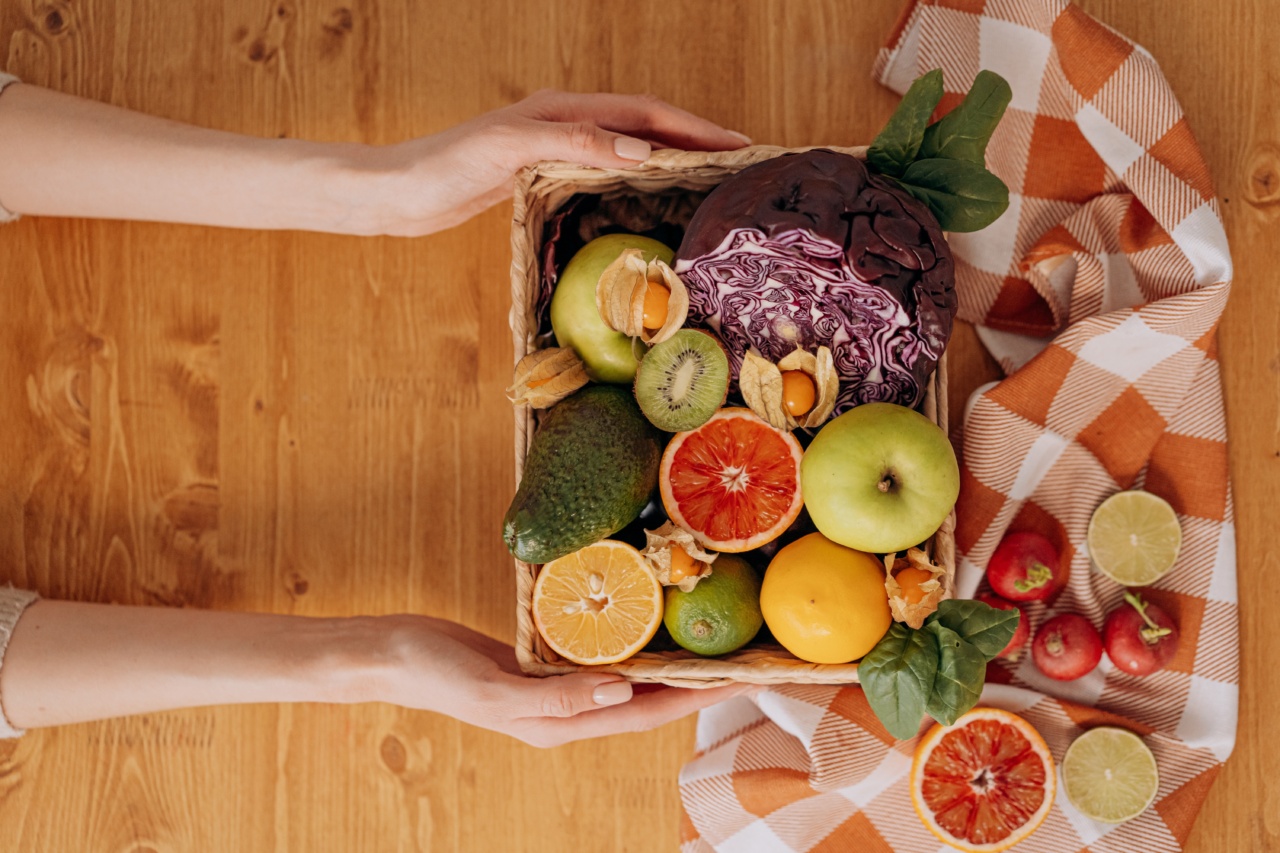Gluten-free diets have gained significant popularity in recent years, both for medical reasons and as a lifestyle choice. While following a gluten-free diet can have numerous benefits, it’s essential to navigate the journey correctly.
Unfortunately, many individuals fall prey to common mistakes that can hinder their progress or even pose health risks. In this article, we will highlight six common gluten-free diet mistakes to avoid.
Mistake #1: Relying on Processed Gluten-Free Foods
One of the biggest misconceptions about gluten-free diets is that all gluten-free foods are healthy. While there are many nutritious gluten-free options available, relying solely on processed gluten-free substitutes can lead to poor nutrition.
These processed foods often lack essential vitamins, minerals, and fiber found in whole grains containing gluten. It’s crucial to include a variety of nutrient-dense whole foods in your gluten-free diet, such as fruits, vegetables, lean proteins, legumes, and gluten-free grains like quinoa or buckwheat.
Mistake #2: Not Being Mindful of Hidden Gluten Sources
Gluten can be found in unexpected sources, such as certain sauces, spices, and condiments. Failing to read labels and neglecting cross-contamination can unknowingly expose you to gluten.
It’s vital to scrutinize ingredient lists carefully and opt for certified gluten-free products whenever possible. Additionally, be cautious when eating out and inquire about gluten-free options or potential cross-contamination risks to ensure your safety.
Mistake #3: Overlooking Nutrient Deficiencies
A gluten-free diet, if not properly planned, can sometimes result in nutrient deficiencies. Certain food items that typically contain gluten, like fortified bread and cereals, may be fortified with essential nutrients such as B vitamins and iron.
When eliminating these foods without suitable substitutes, it’s necessary to find alternative sources to avoid deficiencies. Consider consulting with a registered dietitian who specializes in gluten-free diets to ensure you’re meeting all your nutritional needs.
Mistake #4: Ignoring Whole Food Options
While there is an abundance of gluten-free packaged foods available in supermarkets today, it’s essential not to neglect wholesome whole food options.
Fresh fruits, vegetables, lean meats, and dairy products are all naturally gluten-free and provide valuable nutrients. Focus on incorporating these whole foods into your diet to enhance nutritional adequacy and overall health.
Mistake #5: Assuming “Gluten-Free” Equals Healthy
The gluten-free label doesn’t automatically guarantee a product is healthy. Numerous gluten-free products on the market are still high in added sugars, unhealthy fats, and artificial additives.
Be cautious of marketing claims and always read the nutrition facts panel to make informed choices. Opt for whole, real foods rather than overly processed gluten-free substitutes.
Mistake #6: Neglecting Gut Health
Many individuals with gluten sensitivity or celiac disease experience gut inflammation or damage before their diagnosis. It’s crucial to prioritize gut healing and health when following a gluten-free diet.
Incorporating probiotic-rich foods like yogurt, kefir, sauerkraut, or kimchi can help promote a healthy gut microbiome. Additionally, opting for gluten-free whole grains that are easier to digest, such as brown rice or oats, can support gut health during the healing process.
Conclusion
Adopting a gluten-free diet can be beneficial for many individuals. However, it’s crucial to avoid common mistakes to ensure optimal nutrition and overall health.
By being mindful of relying too heavily on processed gluten-free foods, being aware of hidden gluten sources, addressing nutrient deficiencies, prioritizing whole foods, not assuming gluten-free equals healthy, and prioritizing gut health, you can navigate a gluten-free lifestyle successfully.




























